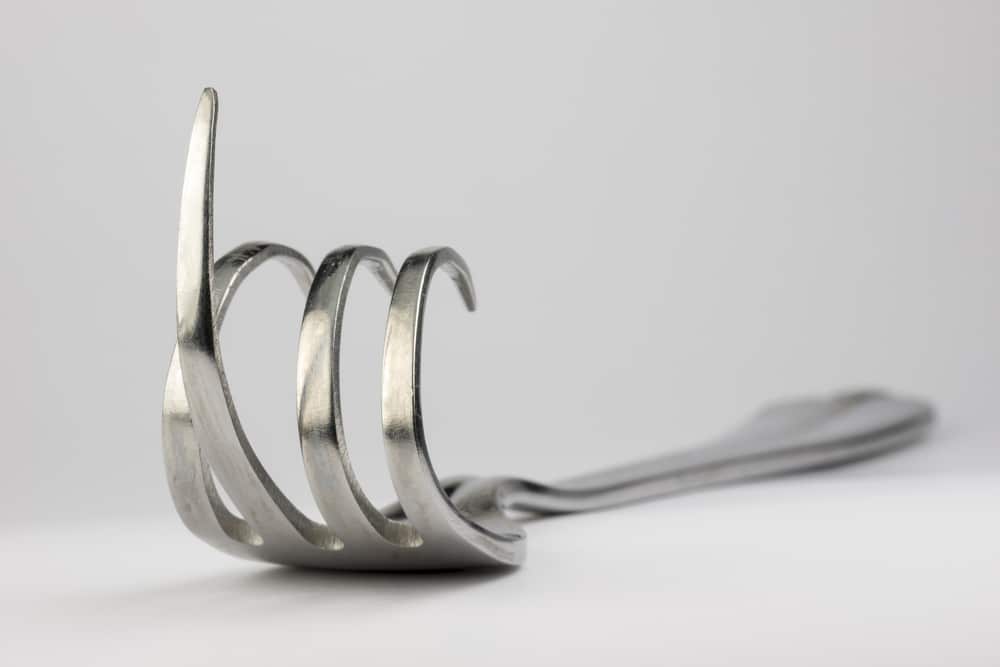Risks at Bitcoin Cash & Co? A critical look at claiming at Hard Forks
Is Free Money Really Free on Hard Forks? Blockchain expert Andreas Antonopoulos points out that the user has to pay with something very valuable: his privacy. But he risks more.
With the exception of the now-defunct Monero-Fork MoneroV, things have become a bit calmer around Hard Forks. Now Andreas Antonopoulos has commented briefly on this subject and referred to the associated price. Andreas Antonopoulos is one of the best-known Blockchain experts and multiple author. In a Q & A session, a listener asked him about the meaning of Hard Forks.
Andreas has found his opinion on the meaning and nonsense of Hard Forks such as Bitcoin Cash and Bitcoin Gold. However, he pointed to a largely overlooked point: claiming Coins on a new Hardcore after a block chain is not free. The claimant must pay with part of his privacy.
Much of those investors who claim their coins after the hard fork are more likely to be unaware. They transfer money from all private key-linked addresses (or more precisely, UXTOs) to a single destination address. For example, after the fork between Bitcoin and Bitcoin Cash they send all the money on the Bitcoin Cash Blockchain to a new address.
An attentive observer would already be able to recognize that all bundled addresses belong to one entity. He could now transfer the knowledge to the Bitcoin blockchain. For example, analysts on the blockchains of Bitcoin and Bitcoin Cash can allocate more addresses than before.
If the destination address belongs to an Exchange, thanks to KYC regulations, pseudonymity is not only on the Bitcoin-Cash-Blockchain, but also on the Bitcoin-Blockchain.
Risk of Address Reuse on Hard Forks
An additional thought comes up after watching the video: Careless action on a block fork created after a hard fork can lead to transactions being executed at the same address.
Even on a single block chain, it is always advised that the same wallet address is not always used for transactions. The reason is security: when someone sends money from his wallet to a certain address, he verifies this transaction by a signature formed from his private key and the recipient's public key. The public keys, or their hashes, are transparent on the blockchain.
With every transaction that a careless user sends from the same wallet address, he reduces the security of his private key. It simply gives a lot of information to potential hackers: the outside observer will then be aware of a lot of signatures, all of which go back to the same payer.So what can you do? Careful investors transfer the money to a wallet in front of the Hard Fork and then send it back to the original Wallet. If necessary, he should not just do this in one transaction for the reasons mentioned above. He should also be careful to work with different wallet addresses.
Likewise, the investor can proceed with claiming on the newly created Blockchain. He does not have to sell everything in one transaction, but can divide it into several. This can be done using different wallet addresses.
The easiest way is, of course, that you do not do anything first. The coins will not be bad, so there is no compelling need to sell them immediately. Many investors, who are rather long term invested according to the motto Hodl, are doing this unconscious anyway!
This can be translated to hard forks: if an investor transacts wallet transactions on Bitcoin Cash and Bitcoin that share the same address, then hackers watching the various chains can exploit this vulnerability to obtain the private key for the Bitcoin and Open Bitcoin cash blockchains to find wallets.
Send coins wisely!
So what can you do? Careful investors transfer the money to a wallet in front of the Hard Fork and then send it back to the original Wallet. If necessary, he should not just do this in one transaction for the reasons mentioned above. He should also be careful to work with different wallet addresses.
Likewise, the investor can proceed with claiming on the newly created Blockchain. He does not have to sell everything in one transaction, but can divide it into several. This can be done using different wallet addresses.
The easiest way is, of course, that you do not do anything first. The coins will not be bad, so there is no compelling need to sell them immediately. Many investors, who are rather long term invested according to the motto Hodl, are doing this unconscious anyway!
